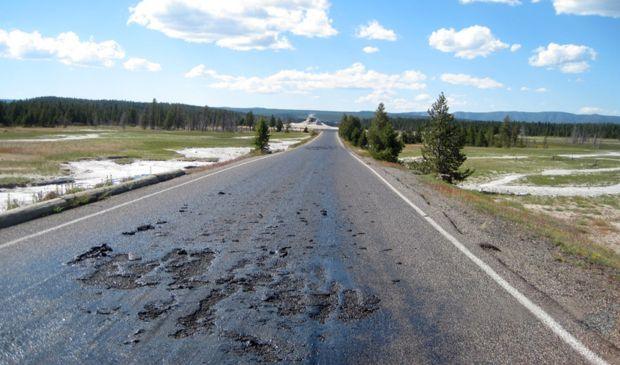There is much talk these days about the Constitution, but who were these men that approved the document that has been our foundation for well over two centuries? The fifty-five delegates who attended the Constitutional Convention were a distinguished body of men who represented a cross section of eighteenth-century American leadership.
 While they were an extraordinary collection of leaders, they also came representing a cross section of the colonists intent on creating a new nation. Some were wealthy, and some were not. Most were well schooled, yet they were from a variety of educational backgrounds.
While they were an extraordinary collection of leaders, they also came representing a cross section of the colonists intent on creating a new nation. Some were wealthy, and some were not. Most were well schooled, yet they were from a variety of educational backgrounds.
One thing these fifty-five men held in common was a willingness to back up their words with action. Virtually every one took part in the Revolution, with at least twenty-nine serving in the Continental Army (and most of in positions of command).
Geographic and Educational Background
Most of the delegates were natives of the thirteen colonies. Only eight were born outside North America. Reflecting the mobility that characterized American life, the majority had lived in more than one state. Among those who lived and worked in more than one state were Baldwin, Bassett, Bedford, Dickinson, Few, Franklin, Ingersoll, Livingston, Alexander Martin, Luther Martin, Mercer, Governor Morris, Robert Morris, Read, Sherman, and Williamson.
Some, like Benjamin Franklin, were self-taught and had little formal training. Others had obtained their education from private tutors or at academies. Half of them attended or graduated from colleges in the North American colonies or abroad. Some held advanced and honorary degrees.
Occupations
The delegates who signed the Constitution held a broad range of occupations and many pursued more than one career. Thirty-five were lawyers and a few were judges. Unlike today, few lawyers of that era earned their sole living from practicing law but instead held other jobs as well.
At the time of the convention, thirteen individuals were businessmen, six were major land speculators, twelve owned or managed slave-operated plantations or large farms, and two owned small farms. Only nine of the fifty-five earned a substantial part of their income from public office. Franklin and Williamson were scientists; McClurg, McHenry, and Williamson were physicians; and Johnson was a university president. At least four were trained theologians.
Some of the delegates were very wealthy. Washington and Robert Morris were among the most prosperous in the nation. Most of the others had financial resources that ranged from good to excellent. Among those with the most modest circumstances were Baldwin, Brearly, Broom, Few, Madison, Paterson, and Sherman.
Political Experience
As whole, the group had far-reaching political experience. Practically all of the delegates had experience in colonial and state government. Dickinson, Franklin, Langdon, Livingston, Alexander Martin, Randolph, Read, and Rutledge had been governors, and the majority had held county and local offices. These were civil servants of the highest caliber.
Family and Religious Life
Most of the delegates were married and had children. Sherman fathered fifteen children by two wives. Four were lifelong bachelors. In terms of religious affiliation, the men mirrored the overwhelmingly Protestant character of American religious life at the time and were members of various denominations. Just Carroll and Fitzsimons were Roman Catholics.
Post-Convention Careers
Washington and Madison became President of the United States, with King and Pinckney being nominated for the office. Gerry served as Madison’s Vice President. Hamilton, McHenry, Madison, and Randolph held Cabinet posts. Nineteen became U.S. senators, thirteen served in the House of Representatives, four served as federal judges, and four more as Associate Justices of the Supreme Court. Rutledge and Ellsworth also held the position of Chief Justice. Seven others were named to diplomatic missions for the nation.
Many delegates held important state positions, including governor and legislator. And most of the delegates contributed in many ways to the cultural life of their cities, communities, and states. Many of their sons and other descendants were to occupy high positions in American political and intellectual life.
As remarkable a group as they were, these fifty-five men mirrored the people they represented: a people of courage, foresight, and determination to fashion a nation based on the best of principles.










